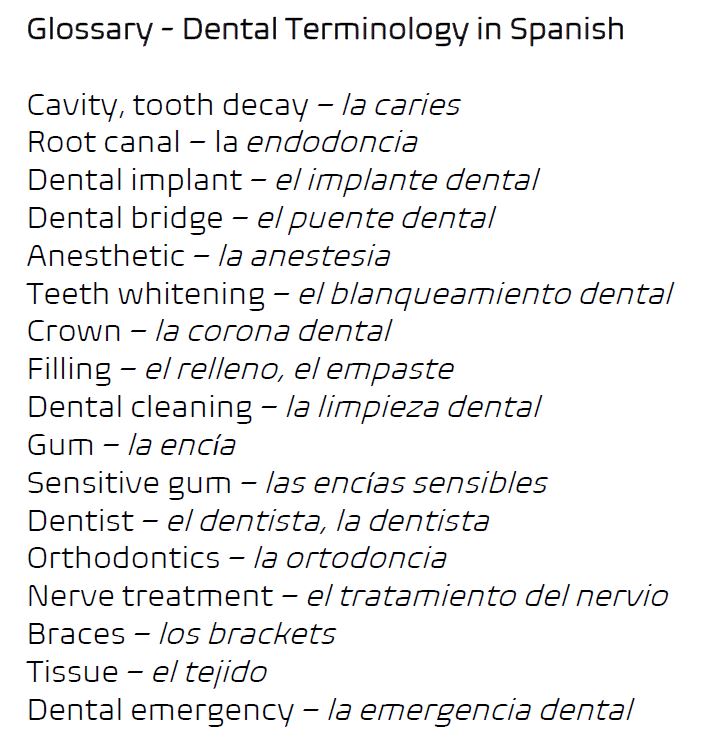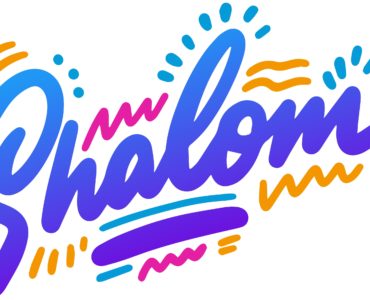Can Language Services Benefit a Dental Practice?
Dentistry is a competitive field. So it is a huge advantage to have a skill set that makes you stand out from the competition. Obviously, the most important advantage is the basic competences of the dental practice. And there are practices that specialize in a certain area (e.g. root canal, implants, orthodontics). But putting all that aside, operating in several languages can give your practice a big advantage. Especially since multilingualism is on the rise in the USA and in other countries. As a dentist, if you’ve spoken a second language since you were a child or have studied another language, you can put the multilingual advantage to your benefit.
Opportunity to Get New Patients
You’re a better value to your patients if you can communicate with them in their own language. Suppose there are a few dental practices in town with similar competences, all of them competing for the same clientele. And say that there is one dental practice in town that advertises se habla español. Who do you think the Spanish speaking patients will go to?
Connect with your patients in a meaningful way
Being a dentist gives you a captive audience. You have someone in your chair who has temporarily lost the power of speech. The dentist on the other hand can chat away. If you know your client’s language and have the gift of the gab, you just may make the appointment that much more enjoyable. If you can’t communicate with your patient, all they will hear is the sound of the drill. Ouch!
Recruit Multilingual Staff
As a dentist, maybe your language skills are lacking. After all, it is hard enough to build up a practice, keep abreast of the latest in surgical developments and dental technology, and learn new languages at the same time. If that’s the case, consider hiring a multilingual dental hygienist or dentist. If you live in a city with a sizeable foreign language population, consider hiring someone who speaks their language fluently.
Translate Advertisements, Social Media Profiles and Informed Consent
If you want to cater to a foreign language population, consider translating your website or Google AdWords copy into their language. You may want to consider having signage in another language. Have your bilingual staff member handle incoming calls from foreign language patients and speak with them in their native language. If your practice has a Facebook page, publish or translate posts in the language that some of your patients speak. Translate informed consent forms into other languages to make it easier for patients to get the necessary paperwork done. Find a translation agency with experience in providing translation services for dentists and dental practices.
To sum up
Dentistry is a context-focused and mouth-focused profession. If you study some dentist-related terminology in your target language, you will most likely do well. It would help you if you had to deal with some foreigners who didn’t speak your language, but it could help you in the long run. It’s advisable to make a list of all the terms and words you use when working with patients’ teeth. Learn and memorize translations for such expressions and terms; Learn how to say conversational phrases such as “how are you?” and “goodbye. It will pay off in the long run.

The topic of this post was suggested by an employee of theteethblog.com.





